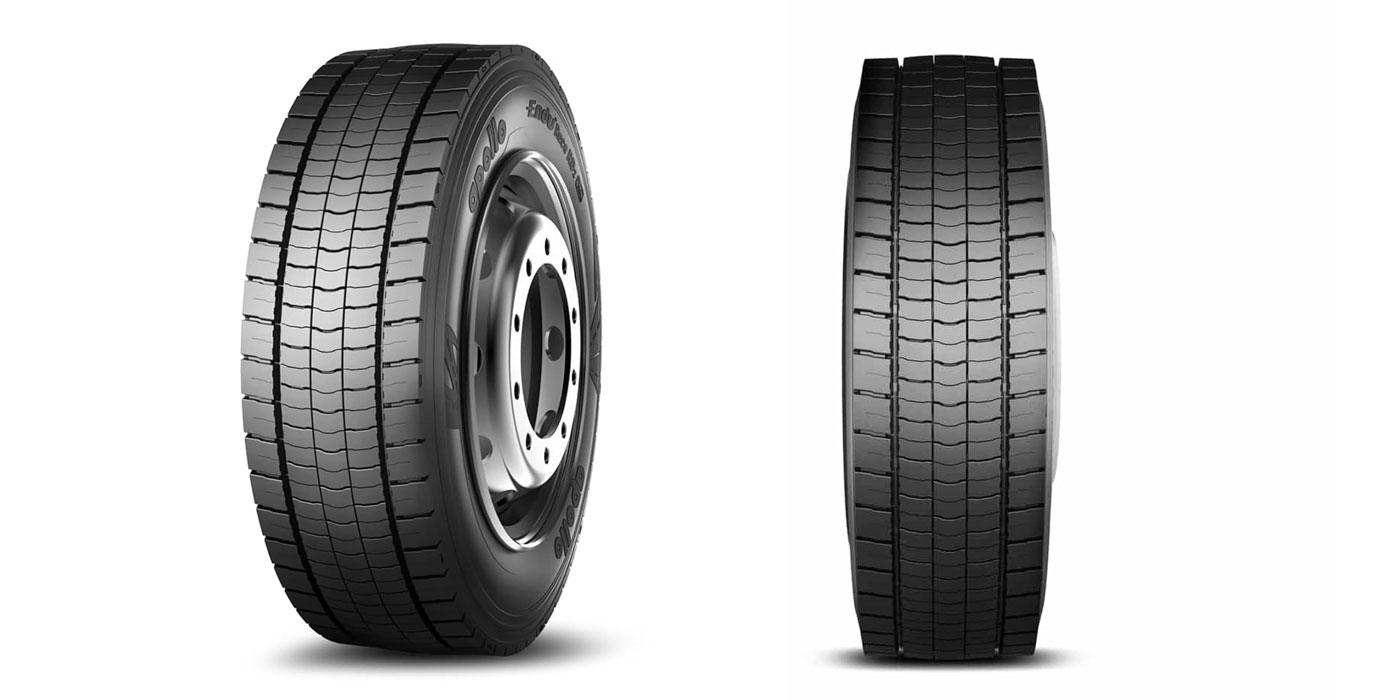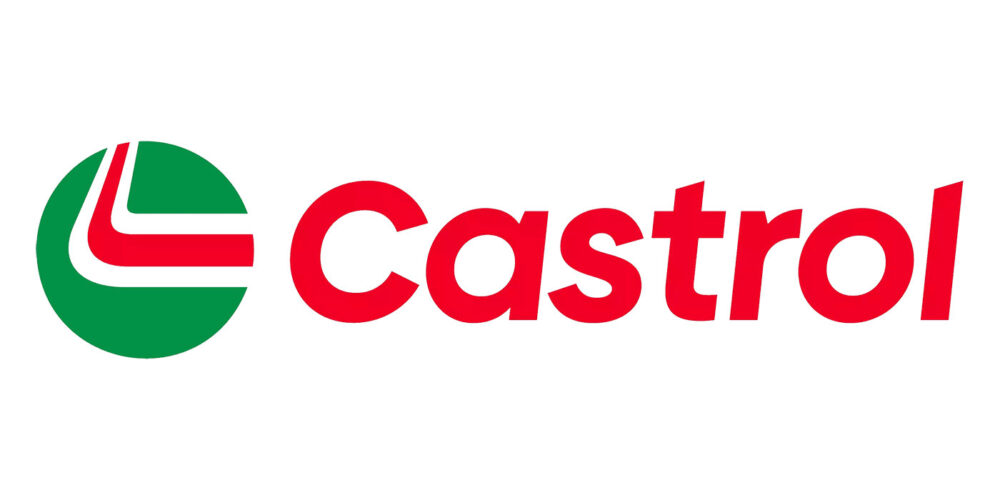We currently are witnessing interest in alternate fuels unlike anything ever seen. Scientists are conducting research on a plethora of alternate fuel feed stocks ranging from algae (one of my favorites) to soybean-based biodiesel. In a few years, we will have sufficient knowledge to logically select alternate fuels which will:
• Minimize CO2 emissions
• Reduce our dependence on foreign sources of crude oil
• Yield acceptable fuel economy
This research cannot be completed quickly enough for some environmentalists, who are trying to enlist the aid of special interest groups (like the farm lobby) and local residents (in states like Idaho) to force an agenda on the entire nation before we are ready with alternate fuels.
Corn-based ethanol obviously decreases fuel economy, increases global warming and interferes with our food supply, yet some environmentalists, agribusiness and the farming lobby have convinced the EPA to approve 15% ethanol in gasoline blends in addition to the more customary 10%. It’s common knowledge that older vehicles will encounter seal problems with these blends, so the EPA still approved the blend for newer vehicles. Fuel marketers will have to add separate tankage in order to sell E15.
If cellulosic ethanol was a commercial reality, this move might make a modicum of sense. But corn-based ethanol currently costs more than ULS diesel fuel (without the tax credit), and cellulosic ethanol is at least twice as costly. What sense does this make for our nation’s economy?
Biodiesel manufacturers, on the other hand, have been shutting down and laying people off because Congress refused to extend the biodiesel blending tax credit. How can Congress give a tax credit to ethanol producers without giving a similar tax credit to other alternate fuels producers?
I’ll tell you how—through lobbyists and special interest groups. At some point in time, our nation’s prosperity should be more important than the wealth of a few special interest groups and friends of Congressional members. I wish these environmentalists were a little more knowledgeable and a little more patient. We’ll get there, but we need to do our research first so we can identify the most practical solutions.
Whatever happens regarding alternate fuels will not happen easily or overnight. In the meantime, the United States will need billions of barrels of crude oil to support commerce. Some environmentalists have recently talked local residents into suing the Idaho Department of Transportation to deny permits to ConocoPhillips and ExxonMobil to move huge refinery vessels along back roads into Canadian sites trying to extract North American crude oil from the Bakken crude oil reservoir. On one hand, people lament the fact that we are dependent on foreign sources of crude, while on the other hand, oil refiners aren’t allowed to take advantage of the largest oil deposit in this country. What kind of logic is that?
Again, I would like to ask these over-zealous environmentalists to give a little more thought to our nation’s immediate fuel needs and a little less though to their personal agendas. I’m not fond of some of “big oil” tactics either, but we need these companies’ exploration and production if this country is to maintain its world leader status. Besides, we also need to create more jobs to stimulate the economy.
I’m reminded of the situation surrounding the creation of motorcycle exhaust emissions standards. At the time, Harley-Davidson was the only American motorcycle manufacturer, and it didn’t yet know how to pass the proposed emissions standards. I asked one of the EPA technical specialists at Ann Arbor if he realized that immediate enactment of the proposed standards would stop Harley from selling new vehicles. His honest reply was “So?” I’ve thought the man was an idiot from that day forward.













